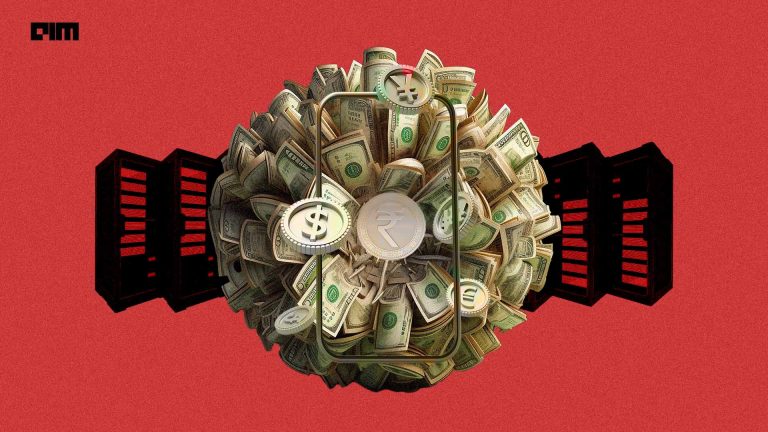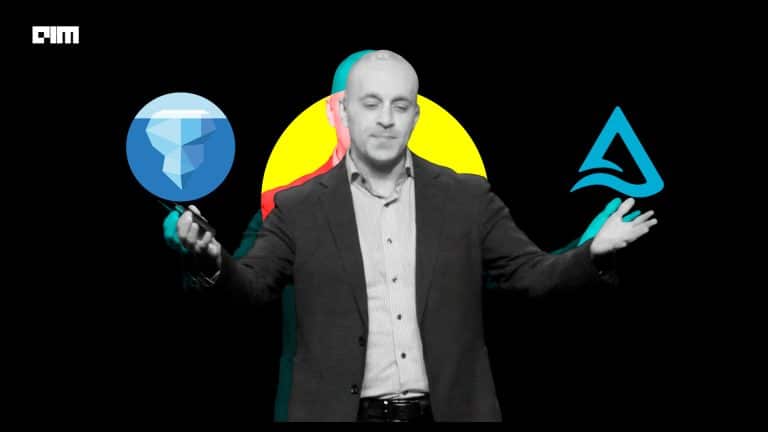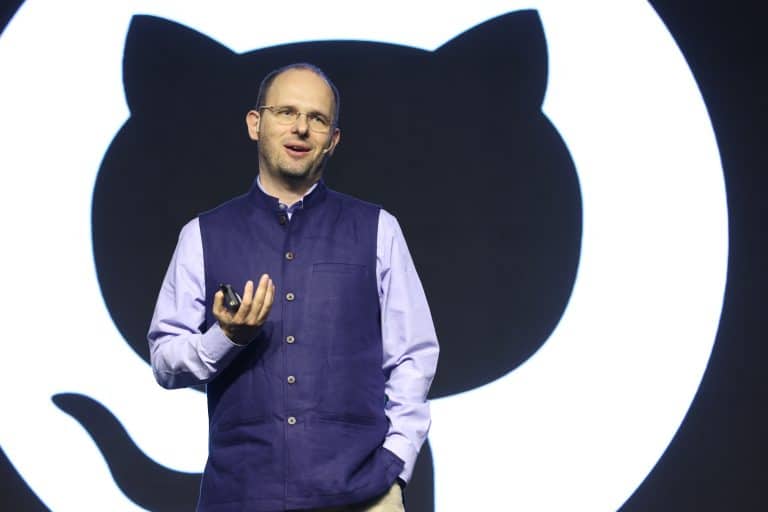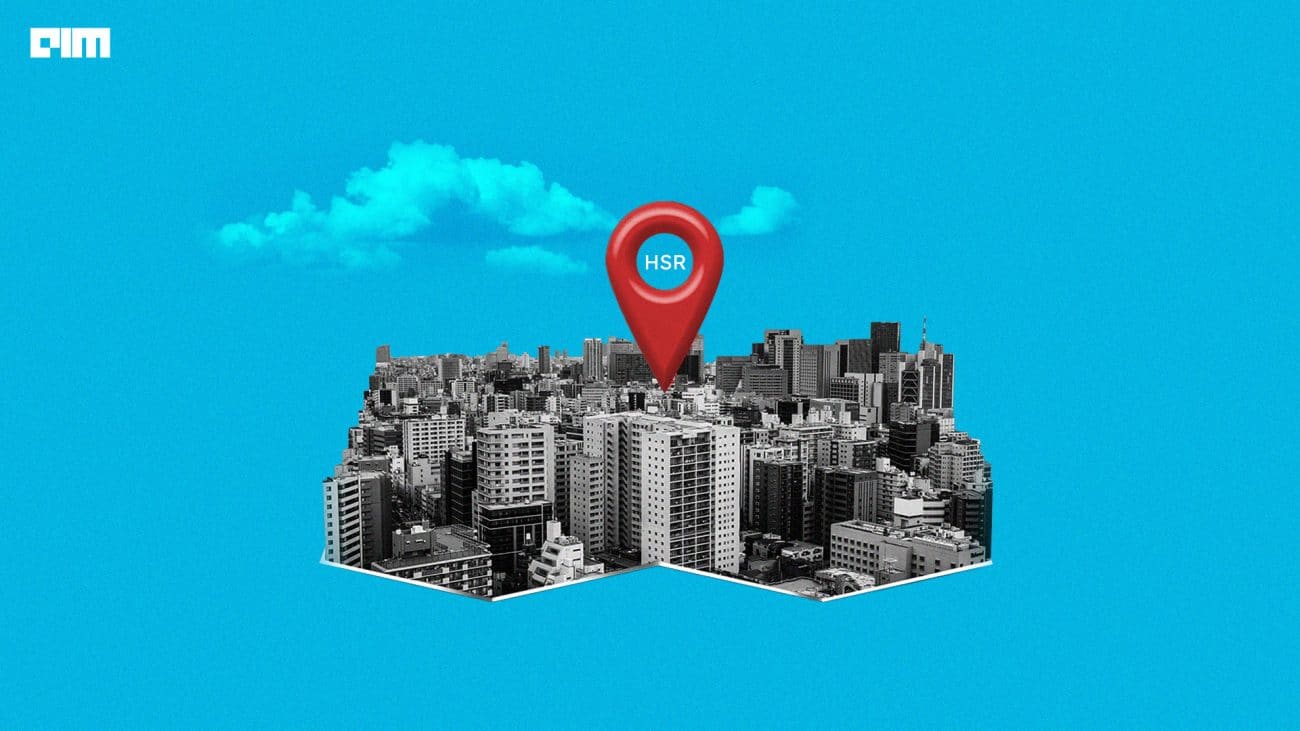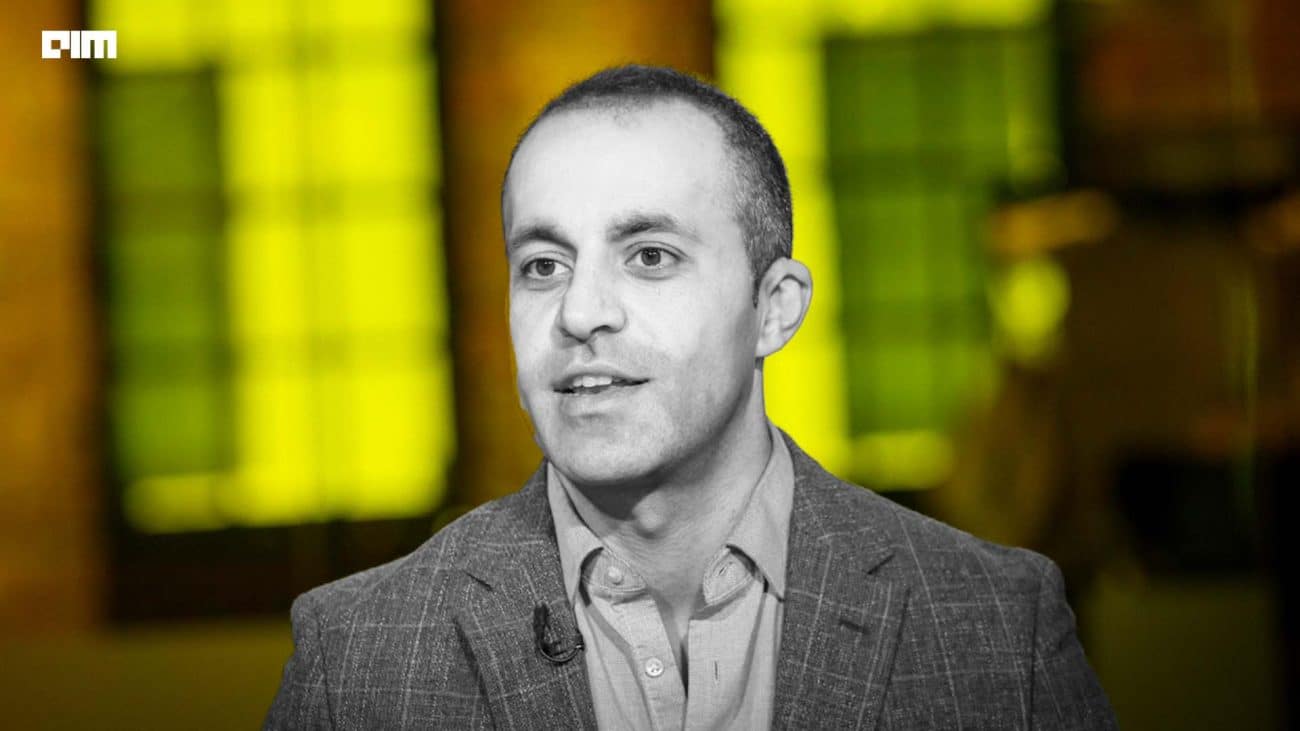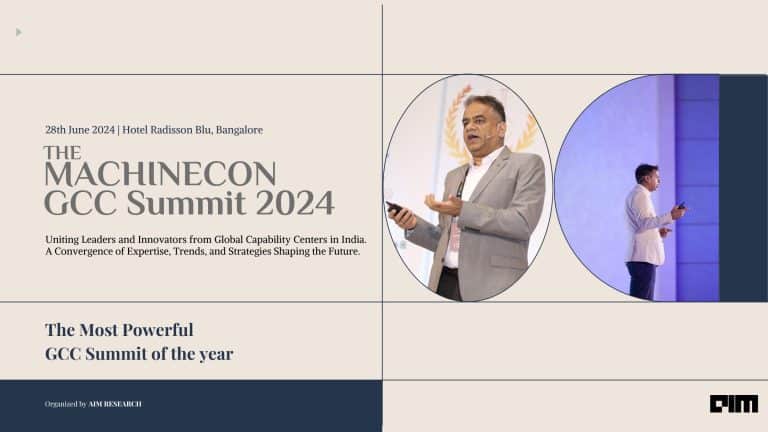Sify Technologies, one of India’s leading data centre providers, recently announced that it plans to build 675 megawatts (MW) of data centre capacity in the country over the next five years.
The company has laid out an ambitious roadmap for future growth.
“Our current roadmap for the next five years is to reach a total of 675 MW of capacity,” revealed Sify Technologies’ data centre business CTO Girish Dhavale in an exclusive interview with AIM.
Currently, the company is working on setting up 250 MW of data centre capacity, with plans to reach a total capacity of over 350 MW within the next three years.
A key focus area is its Rabale campus in Navi Mumbai, where Sify already operates four data centres consuming around 50 MW.
“Four more data centres are under construction. So, almost every year on the Rabale campus, we deliver 25 megawatts to 30 megawatts of capacity. And we have a plan to build a total of 12 data centres in the Rabale campus itself,” the CTO shared.
Sify is also expanding its footprint in other regions. To cater to demand in North India, a data centre with 72 MW of additional capacity is being built in Noida, and another 78 MW data centre is under development in Chennai’s Siruseri. The company recently launched a new data centre in Bengaluru as well.
Looking ahead, Dhavale shared that Sify has its sights set on Hyderabad and further expansion in Mumbai. “In the next seven to eight years, the total capacity of Sify data centres will become 675 MW. So, that’s the kind of portfolio we are looking for,” Dhavale said confidently.
Humble Beginnings
Sify Technologies has come a long way since launching its first private data centre in Vashi back in 2000 with a modest 500 kilowatt capacity.
“Back then, we predominantly had customers like banks or government offices, like the ones related to income tax rather than revenue collection,” recalled Dhavale.
Fast-forward to today, Sify has established itself as an industry leader. The company’s growth has mirrored the rapid digitalisation of India’s economy. With 11 data centres across six metro cities, the company consumes an impressive 100 MW of power.
As GenAI has started to gain momentum in the country, Sify is gearing up its data centres to support high-density servers, including GPUs. “Now, to provide that kind of uptime availability and cooling, you need to provide chip-level cooling,” explained Dhavale.
Sify is conducting POCs with various cooling technologies like chip-level cooling, rack heat exchanger cooling, and liquid immersion cooling to ensure it can meet the needs of AI customers. The company’s newer data centres are also designed with high ceilings and a robust floor loading capacity to accommodate high-density AI servers.
“Looking into the future, all our existing data centres can easily meet AI,” said Dhavale.
At present, Sify’s data centres cater to a wide range of customers across industries. They serve hyperscalers, banking customers, enterprise customers, and healthcare customers, alongside AI and ML customers.
Hyperscalers account for 30-35% of Sify’s total customer base, followed by banking at 20%, and enterprise and retail contributing another 20-23%.
The company’s rack density offerings range from three kilowatts per rack to 40 kW per rack, allowing it to meet its customers’ varied needs.
“To support this diverse customer base, Sify has invested in a range of cooling technologies from underfloor cooling to liquid immersion cooling.
“In liquid immersion cooling, the active components of the servers are submerged in a liquid with a high dielectric strength. This allows for direct cooling through the surface of the components, which is known as conductive cooling, rather than relying on traditional air-based cooling methods,” he added.
Dhavale asserted that one of their key differentiators is that “in the last twenty years of Sify’s life cycle, there has not been a single downtime on Sify’s infrastructure across India.”
This reliability has helped Sify win the trust of major customers across sectors. “The world’s fourth largest bank runs their core banking from Sify. The largest public sector bank in India runs its core banking from Sify. Other major government banks run their operations from Sify’s data centres.
“When we come to the enterprises, the top three family-owned enterprises in the country run on Sify’s servers,” said Dhavale without revealing names.
Tackling the Environmental Impact
Data centres are notorious for being power-hungry, with a combined global consumption slated to exceed 848 terawatt-hours (TWh) by 2030. However, Sify is taking proactive steps to minimise its environmental footprint.
“We have our solar and wind capacity already installed. We have signed power purchase agreements for 237 MW with our partners. Out of that, 100 MW is already generating and delivering power to our Rabale campus,” explained Dhavale.
Sify is now also pursuing an additional 75 MW of interstate renewable energy capacity.
“Our plan is to reduce our carbon footprint by 70% by 2027. And by 2030, we want to be carbon neutral,” Dhavale declared.
Microsoft chief Satya Nadela recently announced at its Build 2024 event that it is on track to have its data centres powered by 100% renewable energy by next year. This commitment aligns with Microsoft’s broader sustainability goals, which include becoming carbon-negative by 2030.
Moreover, as the energy demands increase, many are also exploring the possibility of powering their data centres through nuclear energy or SMRs in their data centres.
Water conservation is another key focus area on which Sify is persistently focused, given the recent water scarcity scare in Bengaluru.
Sify’s new facilities are designed with zero water discharge. Wastewater is treated and reused for washrooms, kitchens, and gardening. High-quality treated water is also reused in chiller operations.
Pushing the Boundaries of Energy Efficiency
In addition to renewable energy, Sify is deploying low-power, high-performance servers and networking equipment, optimising cooling systems through technologies like liquid cooling, free air cooling, hot/cold aisle containment, and variable-speed drives.
“Our older facilities were designed with a power usage effectiveness (PUE) of 1.7, meaning that for every 10 kW of IT power, a total of 17 kW was consumed. However, our new facilities are designed for a PUE of 1.4, a significant improvement,” revealed Dhavale.
Adding to that, Dhavale said, “This is a result of our utilisation of energy conservation technologies used in the overall infrastructure, which have reduced our consumption in terms of auxiliaries, cooling, and losses.”




